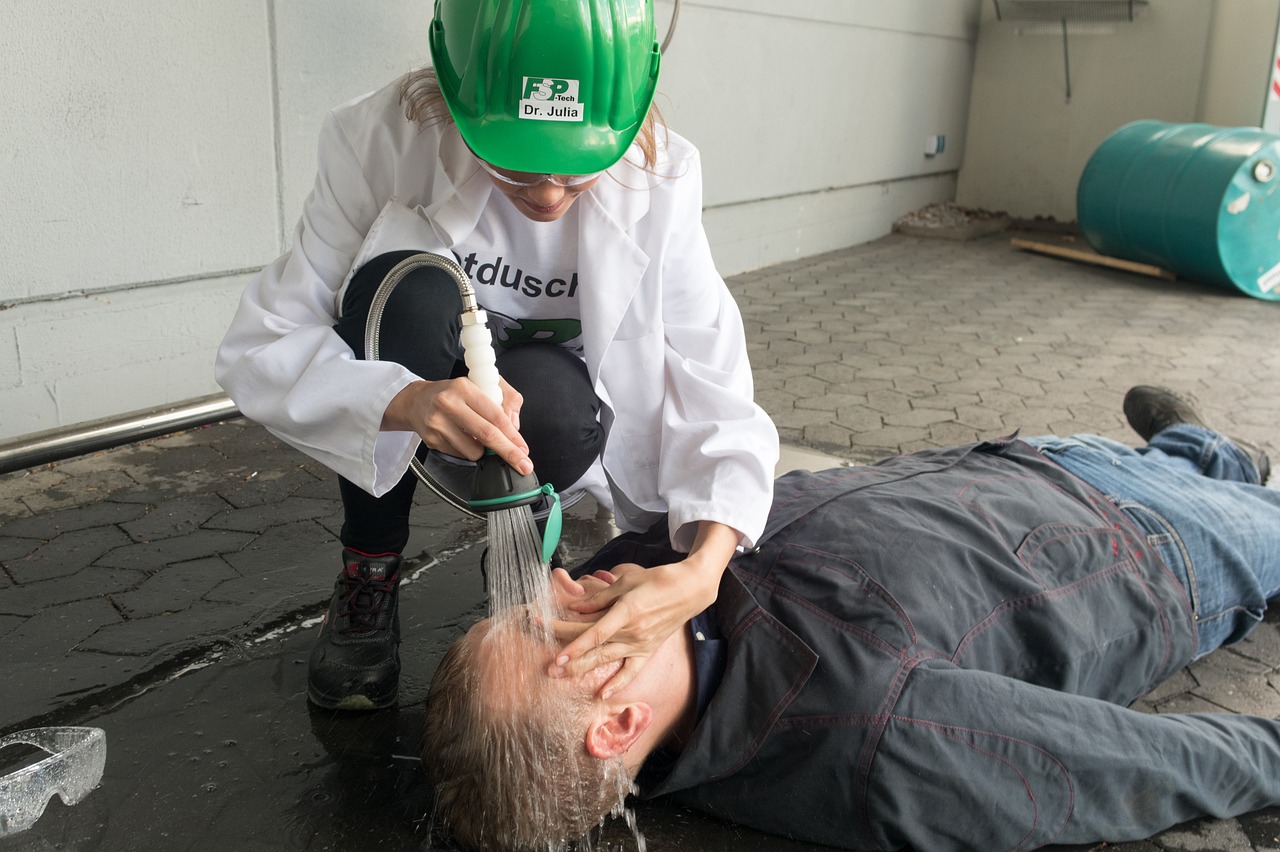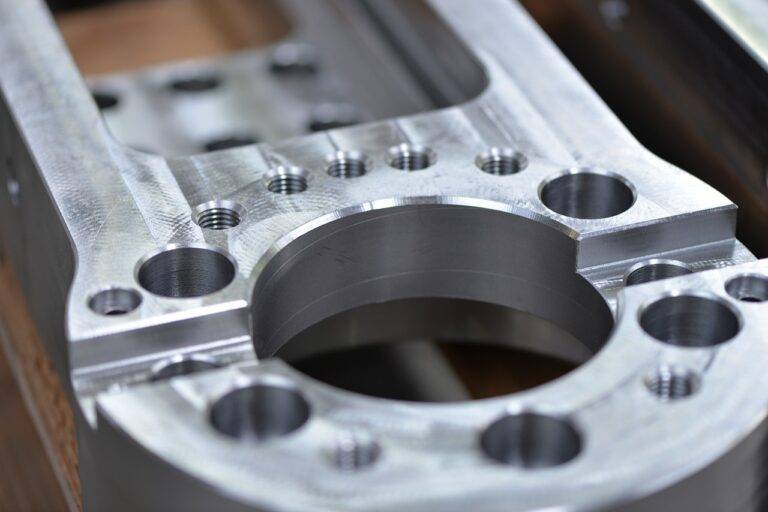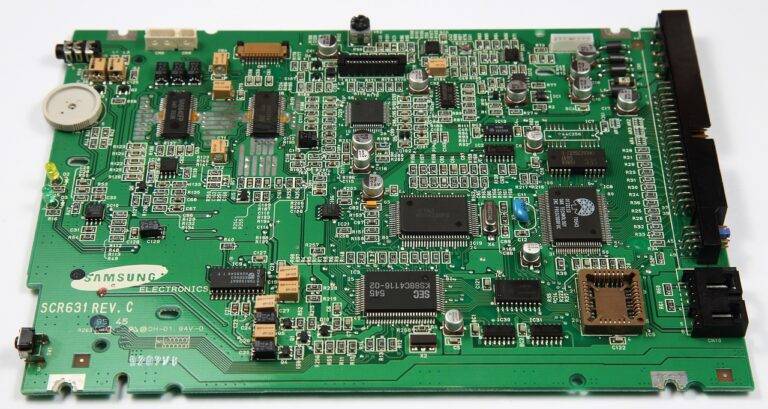The Role of Tech in Sustainable Urban Planning
Urbanization brings about various challenges that urban areas must confront daily. One of the primary issues that arise from rapid urban population growth is the strain on existing infrastructure. Roads, water supply systems, and public transportation often struggle to accommodate the increasing number of residents, leading to traffic congestion, water shortages, and inefficiencies in public services.
Another significant challenge of urbanization is the rise in housing costs and inadequate access to affordable housing. As cities become more densely populated, the demand for housing skyrockets, causing property prices to surge beyond the reach of many low and middle-income earners. This disparity can result in housing insecurity, homelessness, and social inequalities within urban communities.
– Inadequate access to basic services such as healthcare and education is another challenge faced by urban areas undergoing rapid urbanization.
– The influx of people into cities can overwhelm existing facilities, leading to long wait times, overcrowded classrooms, and limited resources for essential services.
– Environmental degradation is also a significant issue associated with urbanization. As cities expand, natural habitats are destroyed, pollution levels increase, and green spaces diminish.
– Urbanization can also lead to social issues such as crime rates rising due to overcrowding and lack of employment opportunities in urban areas.
Benefits of Sustainable Urban Planning
Sustainable urban planning plays a crucial role in creating more livable and resilient cities for the future. By incorporating green spaces, promoting public transportation, and implementing energy-efficient technologies, cities can address environmental concerns while also improving the quality of life for residents. These initiatives not only reduce carbon emissions and air pollution but also enhance overall well-being by providing accessible recreational areas and reducing traffic congestion.
Additionally, sustainable urban planning can drive economic growth by attracting businesses and investment opportunities. By fostering a more sustainable environment, cities can create a more desirable living and working space, increasing property values and stimulating job creation in various sectors such as renewable energy, green infrastructure, and sustainable transportation. This not only benefits the local economy but also helps in establishing a positive image for the city on a global scale, attracting tourists, investors, and skilled professionals.
Innovative Technologies in Urban Development
As cities continue to expand, the demand for innovative technologies in urban development is on the rise. One key area where technology is being increasingly utilized is in the improvement of transportation systems. Smart traffic management systems, such as real-time traffic monitoring and adaptive traffic signal control, are revolutionizing city mobility and helping to reduce congestion and pollution.
Another crucial aspect of urban development where technology is making a significant impact is in the realm of sustainable energy solutions. From the integration of solar panels on buildings to the implementation of smart grids for efficient energy distribution, cities are exploring various technologies to reduce their carbon footprint and promote environmental sustainability. Through the adoption of these cutting-edge technologies, urban areas are not only becoming more efficient and livable but are also working towards a more sustainable future for generations to come.
What are some of the challenges faced by urbanization?
Some challenges of urbanization include overpopulation, traffic congestion, inadequate infrastructure, and environmental degradation.
What are the benefits of sustainable urban planning?
Sustainable urban planning can lead to reduced carbon emissions, improved air quality, better public health outcomes, and increased resilience to climate change.
Can you provide examples of innovative technologies used in urban development?
Some examples of innovative technologies in urban development include smart grids, green roofs, autonomous vehicles, and sensor networks for monitoring air quality and traffic flow.





